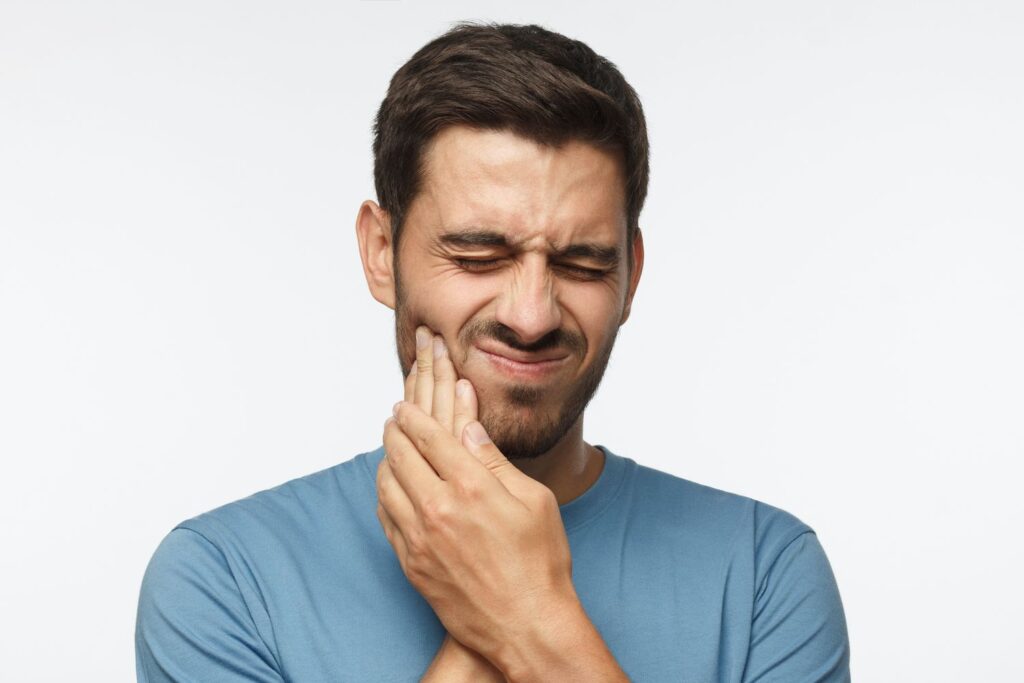Dental emergencies can strike unexpectedly, causing pain and stress. Furthermore, this can often lead to extensive treatments. However, you can prevent many dental emergencies with simple, proactive measures. With preparation, you can avoid a dangerous outcome concerning dental emergencies. Practical tips and tricks can keep your smile out of harm’s way and avoid any midnight dashes to the dentist.


Daily Defense – The Power of Regular Oral Care Habits
The foundation of preventing dental emergencies lies in your daily oral care routine. Brushing your teeth twice a day, flossing, and using a mouthwash help keep your teeth and gums healthy. These habits remove bacteria and plaque. As a result, it can reduce the risk of cavities and gum disease. These are common culprits behind dental emergencies.
Guarding Against Grinds – Addressing Teeth Grinding Early On
Teeth grinding, or bruxism, can lead to cracked teeth, jaw pain, and other dental issues. If you notice signs of grinding, such as worn-down teeth or a sore jaw, consult your dentist promptly. They can provide solutions like a custom-fitted nightguard to prevent further damage. Addressing bruxism early on can save you from potential dental emergencies down the road.
Mindful Munching – Protecting Your Teeth While Eating
Chewing on hard candies, ice, or popcorn kernels may seem harmless, but it can result in cracked or broken teeth. Be mindful of what you eat and avoid biting down on excessively hard or tough foods. Cutting food into smaller, manageable pieces and avoiding using your teeth as tools can reduce the risk of dental emergencies.
Stay Hydrated, Choose Water – A Simple Step for Oral Health
Drinking water keeps you hydrated and helps maintain a healthy oral environment. Water helps wash away food particles, bacteria, and acids that can contribute to tooth decay and gum disease. Staying hydrated and choosing water over sugary beverages can be a great benefit to your health. Water can support your overall oral health and reduce the risk of dental emergencies.
Regular Dental Check-ups – The Preventive Pillar
Scheduling regular dental check-ups is a proactive step that can identify potential issues before they become emergencies. Your dentist can detect early signs of cavities, gum disease, or other problems during routine exams. You can address these issues with less invasive and more cost-effective treatments.
Sports Safety – Shielding Your Smile During Activities
If you’re involved in sports or recreational activities, consider using a mouthguard. Sports-related injuries are a common cause of dental emergencies. These can range from chipped teeth to more severe damage. Wearing a properly fitted mouthguard provides a protective barrier. As a result, you can reduce the risk of dental injuries during physical activities.
Be Prepared – Know What to Do in an Emergency
While prevention is key, it’s also essential to be prepared for the unexpected. Knowing what to do in a dental emergency can make a significant difference in the outcome. Keep your dentist’s contact information handy, and be aware of basic first-aid measures for common dental emergencies.
